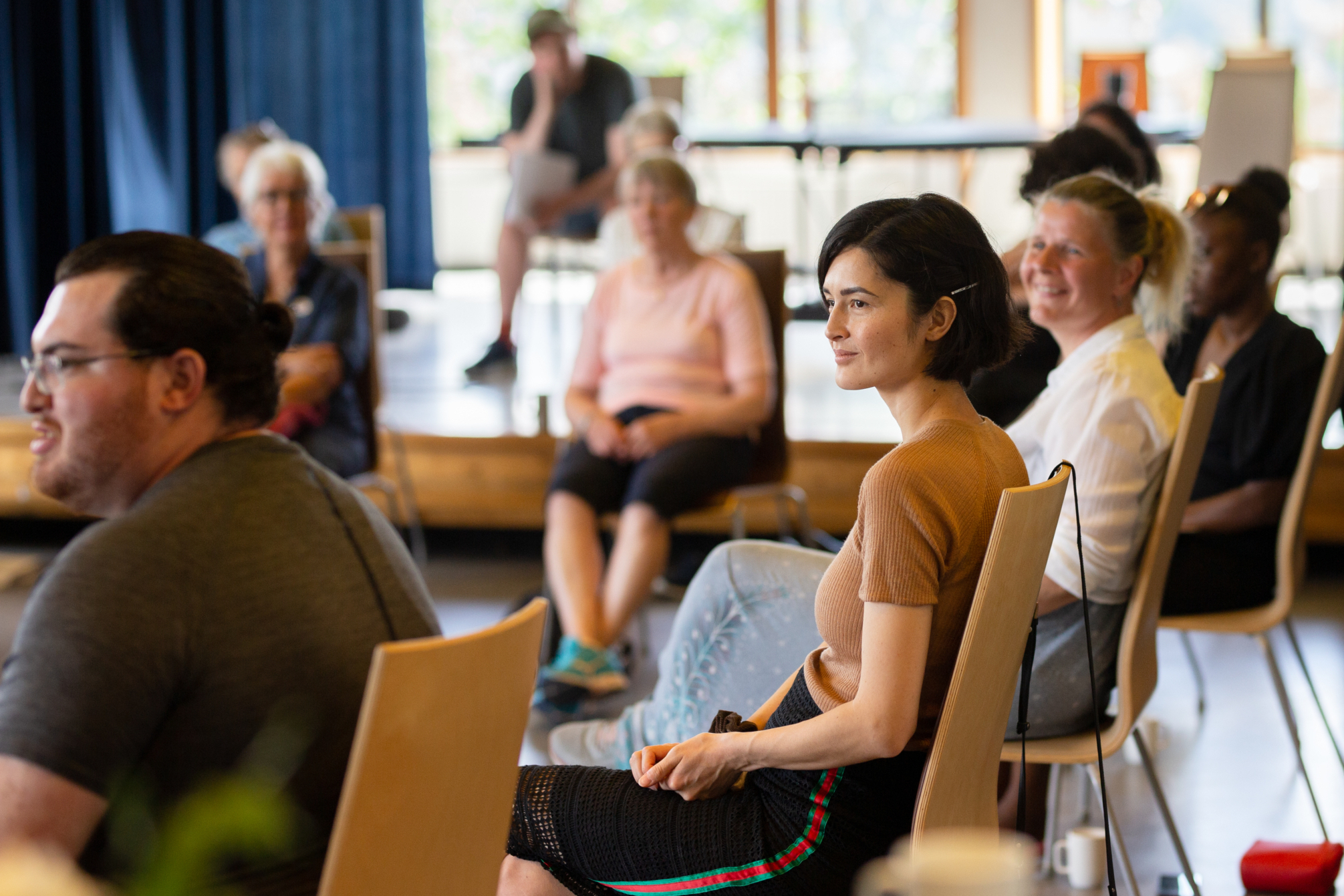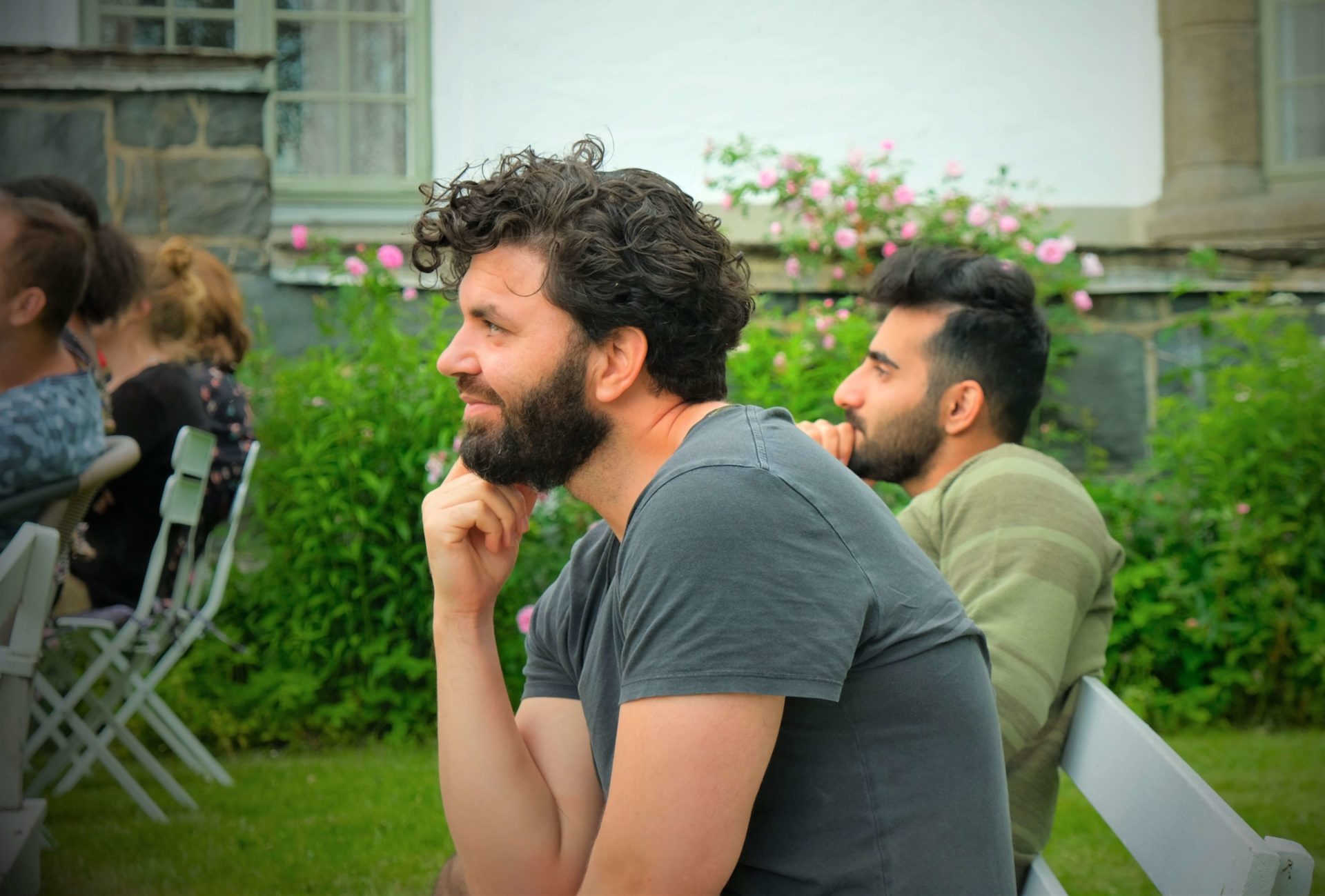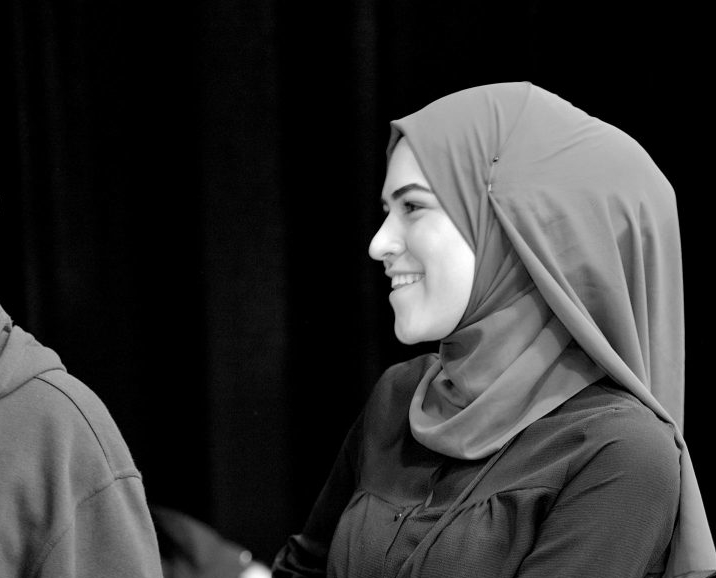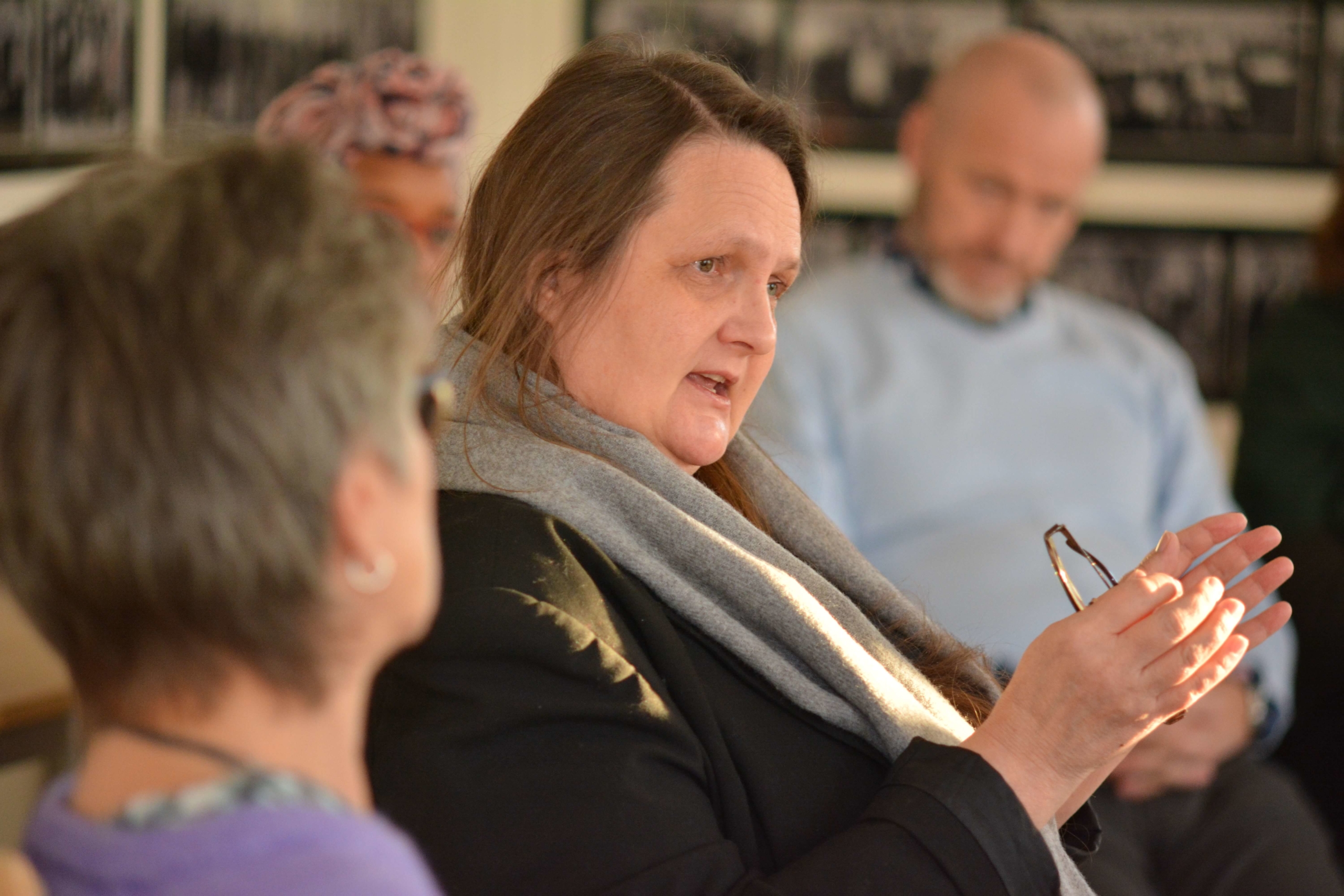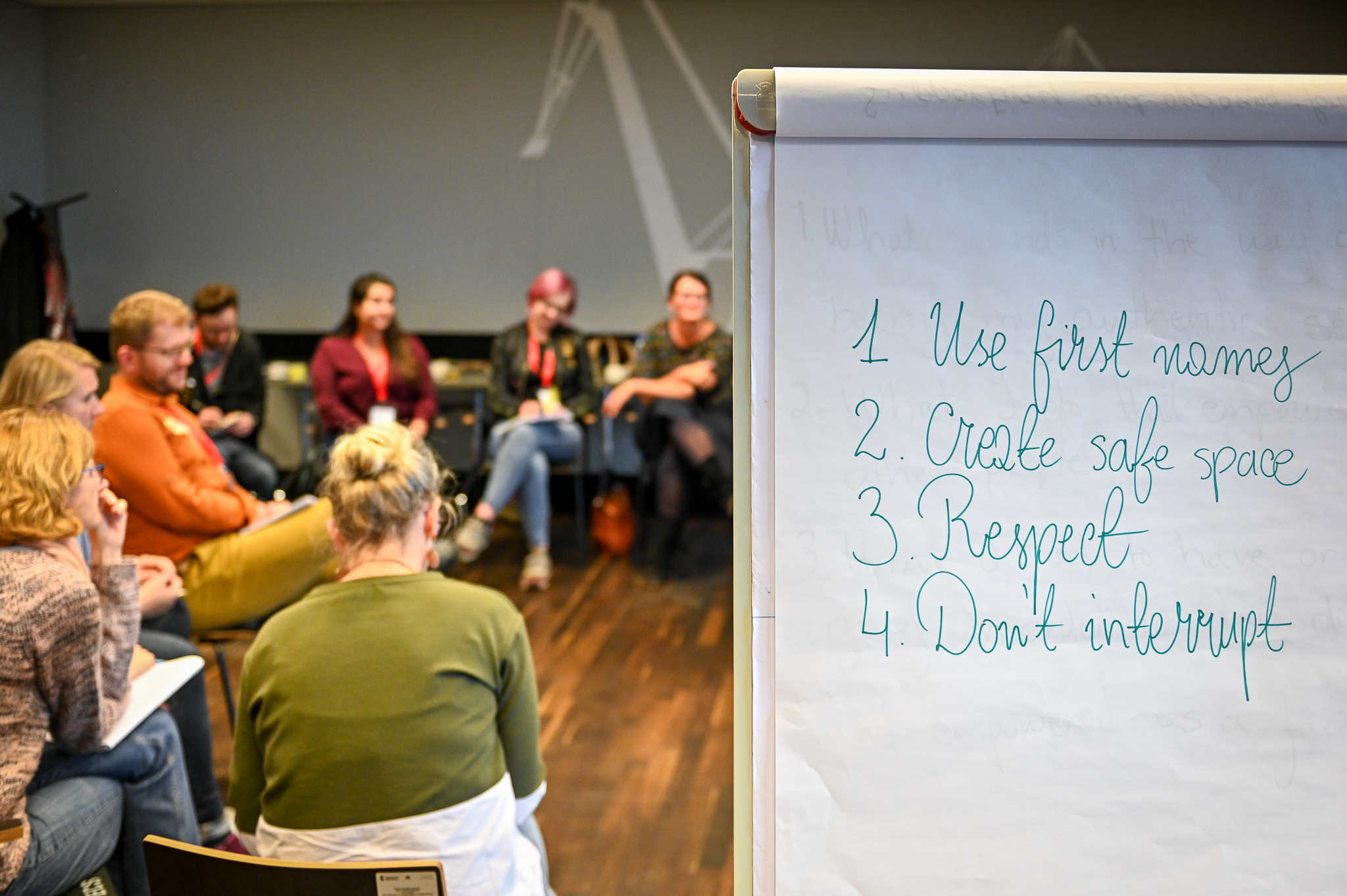About Nansen Center for Peace and Dialogue
The Nansen Center for Peace and Dialogue is a knowledge center promoting peace and dialogue. The center’s core competence is to create space for dialogue across conflict lines. Our methodology is developed through practical experience in Norway, as well as internationally during more than thirty years.
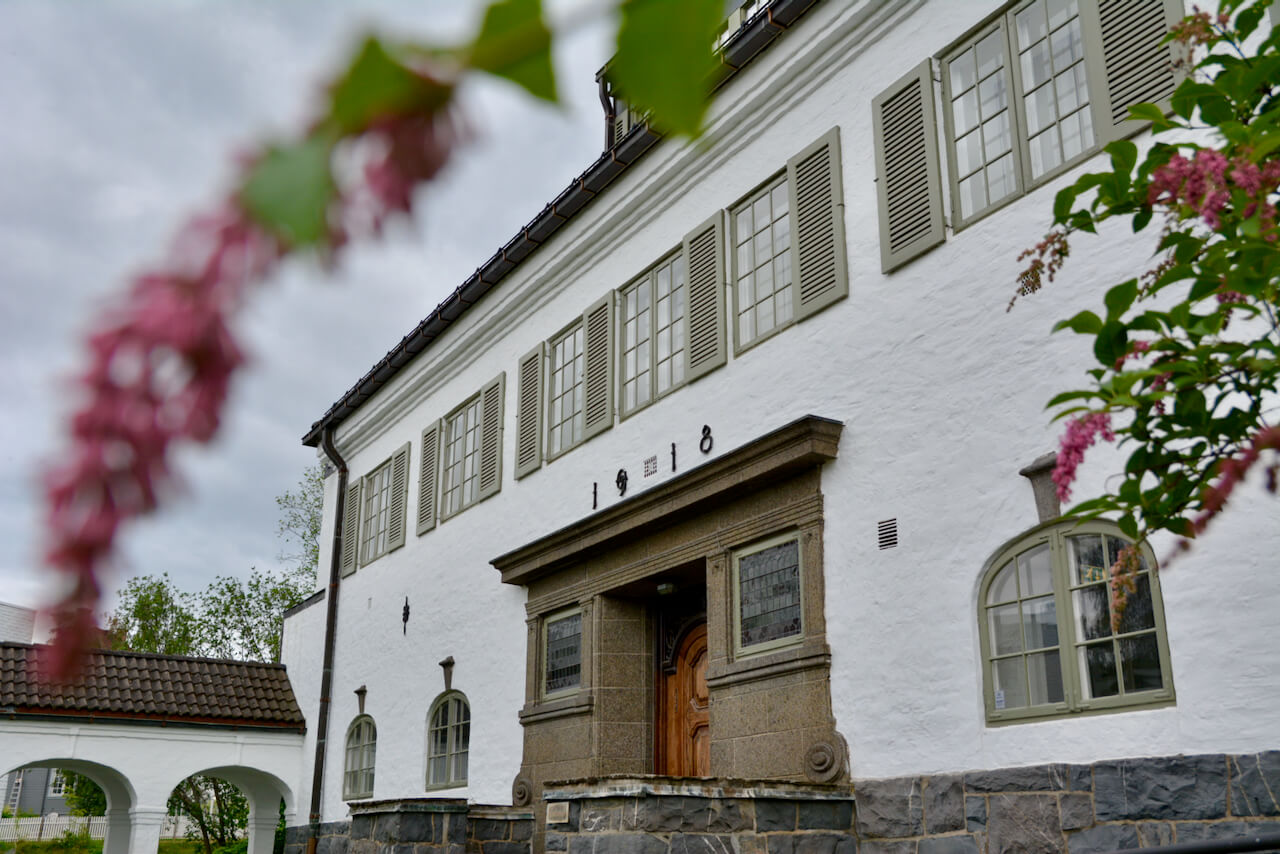
News
Our activities
Dialogue
Dialogue is a process of genuine interaction through which the human beings listen to each other deeply enough to be changed by what they learn. Each makes a serious effort to take the other’s concerns into her or his own picture, even when disagreements persist. No participant gives up her or his identity, but each recognizes enough of the other’s human claims that he or she will act, differently toward the other.
– Pruitt and Thomas, 2007

